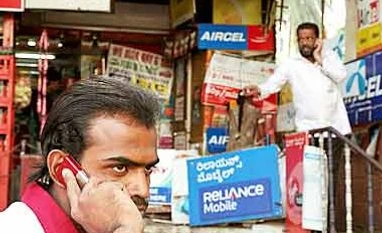The Supreme Court will tomorrow hear the plea of telecom operators challenging Trai’s regulation for mandating them to compensate users with rupee one for every call drop, maximum to three calls per day starting January 2016.
Last week, operators had asked Trai to not take any coercive action till the final hearing by Supreme Court. Trai had given operators time till March 7 to submit the compliance report after the Delhi High Court on February 29 upheld Trai’s regulation and the deadline has now been extended till March 14.
More From This Section
"The request of COAI and AUSPI has been considered, and in view of the next hearing of the matter in the Apex Court on March 10, the Authority has decided to extend the last date for submission of compliance report to the provisions of the Telecom Consumers Protection (Ninth Amendment) Regulations, 2015, by a week," Trai said in a letter.
In the report, operators have to submit the readiness of their network to implement call drops compensation.
The telcos had termed the regulation as arbitrary and whimsical, contending that providing compensation to consumers amounted to interfering with the companies' tariff structure, which could only be done by an order, and not by any regulation.
According to analysts, if Trai’s regulation is implemented, it could lead to a decline of seven-eight per cent in the operating income of telecom operators. However, for companies that had a call drop rate of two per cent or below – as was mandated earlier – will see a negative impact of three-four per cent on their operating income. Interestingly, the new regulation does not allow leeway of two per cent call drops, which means the regulator expects the network to be perfect and telcos to pay for every call drop.
Telcos have earlier said the outgo from the industry would be nearly Rs 54,000 crore annually, but TRAI debunked these claims and said the payout would be only nearly Rs 800 crore annually.
)